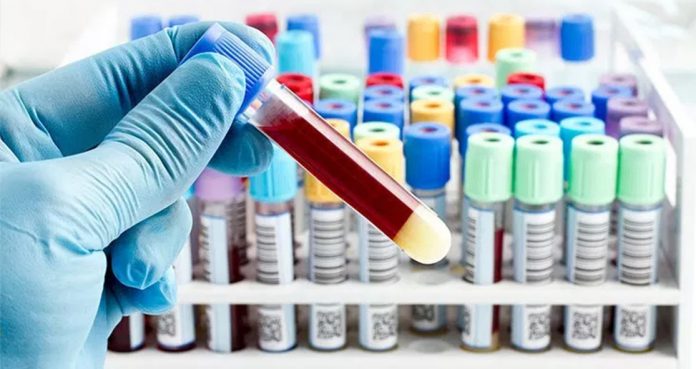Grail, a startup that developed a liquid biopsy test, said that its multi-cancer blood test was able to detect the presence of at least 12 different types of early-stage cancer and could identify cancer’s location within the body before it spreads with the help of signatures found in the bloodstream.
The blood test also demonstrated an extremely low rate of false positive results, at 1% or even less.
However, the detection rates varied among the pre-specified and potentially fatal types of cancer in earlier stages – from 59% in lung cancers to 86% in cancers of the head and neck.
With the promising findings, Grail is now planning to move its multi-cancer blood test further toward the market.
Rick Klausner, founder and director of Grail, said, “Data being presented at ASCO suggest Grail’s test preferentially detects the most lethal cancers and can detect tumors when they are still localized and amenable to successful treatment.”
The founder also said, “The high detection rate of stage II cancers at 77 percent in the group of 12 deadly cancers is particularly compelling and supports the potential benefit of our multi-cancer approach.”
The Grail’s study’s 12 cancer types and the blood test’s sensitivity rates for identifying stage I to III cancer included anorectal (79%), colorectal (74%), esophageal (76%), gastric (78%), head and neck (86%), breast (64%), liver (68%), lung (59%), ovarian (67%), pancreatic (78%), multiple myeloma (71%), and lymphomas (70%), excluding leukemias.
According to the liquid biopsy startup, these types of cancer account for around two-thirds of all cancer deaths in the United States. Grail said with the blood test demonstrated an overall detection rate of 76% across all cancer stages.
Study investigator Minetta Liu said, “These very promising data indicate that a highly specific blood test for early cancer detection is approaching reality.”
Liu added, “The exceptional accuracy in determining the tissue of origin across all stages for those malignancies with significant cancer-specific mortality suggests that, if a cancer is detected, the test will inform where the tumor originated in the majority of cases. This factor is critical to streamline the clinical workup.”
Klausner said, “When we set out on this journey, we knew that to be successful, a blood-based screening tool would need to detect the clinically important cancers and not contribute to overdiagnosis of indolent cancers at the earliest stages.” The study included 15,000 participants with and without cancer from the United States and Canada. The results reported at the American Society of Clinical Oncology (ASCO) in Chicago.





















